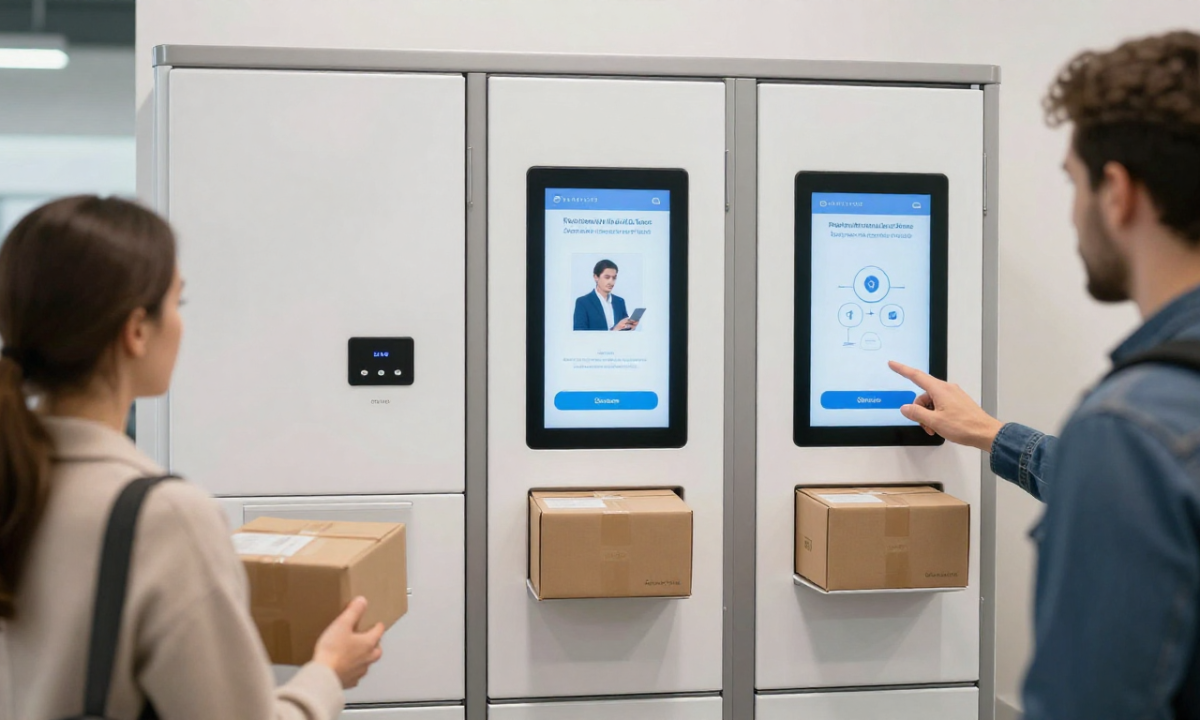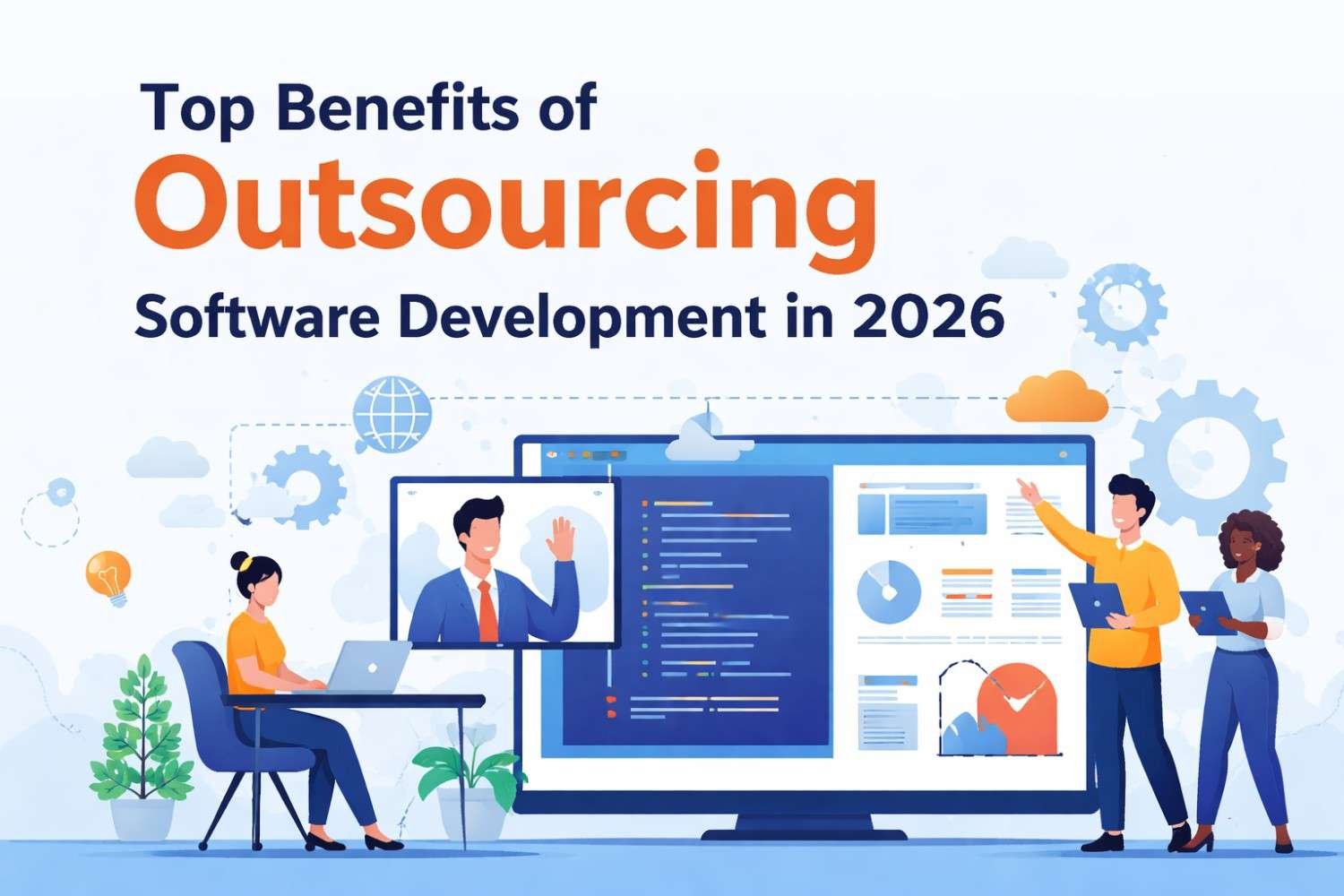Data is the Backbone of any financial operation, and for modern businesses, protecting it is important. Many companies underestimate how vulnerable their accounting data can be to loss, corruption, or cyber threats. An Accounting System Philippines with automated backup and recovery features provides a strong safeguard against these risks. It ensures that viral financial records remain accessible, accurate, and secure even during unexpected disruptions. In a world where every transaction matters, reliable data protection guarantees business continuity and trust.
The Growing Importance of Data Protection
Rising Cybersecurity Threats
Philippine Businesses, regardless of size, are increasingly becoming targets of cyberattacks such as ransomware and data breaches. Once accounting data is compromised, companies risk financial loss, regulatory penalties, and damaged reputations. An automated backup system regularly saves encrypted copies of financial records, ensuring that even if the system is attacked, the data can be quickly restored. By implementing a secure accounting system Philippines, organizations can mitigate the growing threat of cyber incidents and maintain business integrity.
Hardware Failures and Natural Disasters
Hardware Damage, accidental deletion, and even natural disasters like floods or power outages can cause significant data loss. Manual backups are often inconsistent, leaving businesses exposed when unexpected events occur. Automated backups eliminate this vulnerability by running at scheduled intervals – daily, weekly, or even in real time – without requiring manual intervention. This ensures that financial data remains safe and retrievable, no matter what happens to the physical systems on-site.
Compliance and Legal Requirements
Businesses in the Philippines must comply with various tax, financial, and data privacy regulations. Losing critical accounting information can result in non-compliance, costly fines, or legal complications. A modern accounting system with automated backup and recovery maintains detailed, timestamped records that align with BIR and data protection requirements. This not only keeps a company compliant but also builds transparency and accountability in every transaction.
The Functionality of Automated Backup Systems
Continuous and Scheduled Data Backups
Automated Backup Systems are designed to operate seamlessly in the background. Depending on business needs, they can perform incremental backups – saving only changes made since the last update – or full backups at regular intervals. This ensures that the accounting system Philippines always has the most current version of financial data available. Continuous backups also minimize downtime, allowing the business to resume operations immediately after an incident.
Cloud-Based Storage Accessibility
Modern accounting systems often integrate cloud-based backup solutions. This setup provides both security and convenience, as data stored in the cloud is protected by multiple layers of encryption and can be accessed from any authorized device. Cloud Backups also eliminate the risks associated with physical storage devices, which can be lost, stolen, or damaged. By leveraging cloud technology, businesses in the Philippines can enjoy secure, scalable, and easily recoverable accounting data.
Version Control and Historical Data Access
Automated backups allow users to maintain version control, meaning previous data states can be restored if needed. This feature is especially valuable when accidental deletion or incorrect entries occur. Having access to older versions of accounting data helps financial teams trace errors, verify transactions, and ensure transparency in audits. This capability highlights the value of a well-configured accounting system Philippines that prioritizes both accuracy and accountability.
The Role of Automated Recovery
Rapid Restoration of Financial Operations
When data loss happens, time is of the essence. Manual recovery processes can take hours or even days, leading to costly downtime and business disruptions. Automated recovery on the other hand, allows instant restoration of data to its last save state. A system equipped with this feature minimizes operational interruptions and allows accounting teams to resume work almost immediately after an outage or system crash.
Ensuring Business Continuity
A company’s financial stability depends on uninterrupted access to data. Automated recovery ensures that even in cases of system failure, operations continue smoothly with minimal disruption. Businesses that rely on a dependable accounting system Philippines can avoid the cascading effects of downtime, such as missed transactions, delayed payroll, or unrecorded invoices. This resilience enhances client trust and demonstrates professional reliability.
Reducing Human Error and Dependency
Manual Backups often depend on human discipline and consistency, which leaves room for oversight. Automated systems remove this dependency, ensuring that data is regularly and accurately saved without human intervention. This reliability reduces the chance of skipped backups, incomplete restorations, or corrupted files. It also allows accounting teams to focus on analysis and reporting instead of spending time managing data protection tasks.
Benefits Beyond Data Protection
Enhanced Operational Efficiency
Automated backup and recovery systems streamline accounting workflows. With data protection tasks handled automatically, teams can redirect their attention to higher-value financial management activities. This integration leads to smoother month-end closings, quicker audits, and reduced administrative workload – all of which improve overall efficiency.
Increased Client and Stakeholder Confidence
Businesses that invest in secure accounting systems demonstrate a clear commitment to data integrity and risk management. This commitment builds confidence among clients, investors, and partners who trust that financial information is safe and reliable. A strong data protection framework can even become a unique selling point, especially for firms handling sensitive client transactions or financial services.
Cost Savings Over Time
While implementing automated backup and recovery systems requires an initial investment, the long-term savings are significant. Avoiding data loss, downtime, and regulatory fines far outweighs the setup costs. Moreover, the reduction in manual work translates into labor efficiency and lower operational expenses. An accounting system Philippines with built-in automation delivers both financial and strategic benefits by minimizing the risks associated with data loss.
Key Takeaway
An Accounting System Philippines with automated backup and recovery capabilities is a must. These features protect critical financial data from cyberattacks, hardware failures, and human errors while ensuring compliance with local regulations. Automated systems also reduce downtime, enhance operational efficiency, and safeguard a company’s financial integrity. Data protection is more than just about security; it is also about continuity, trust, and long-term success.














Leave a Reply